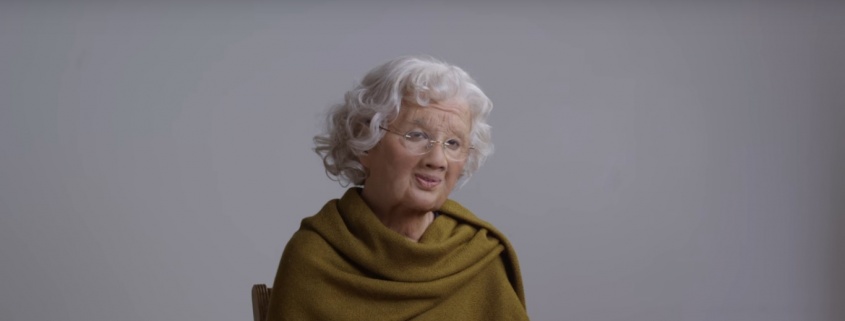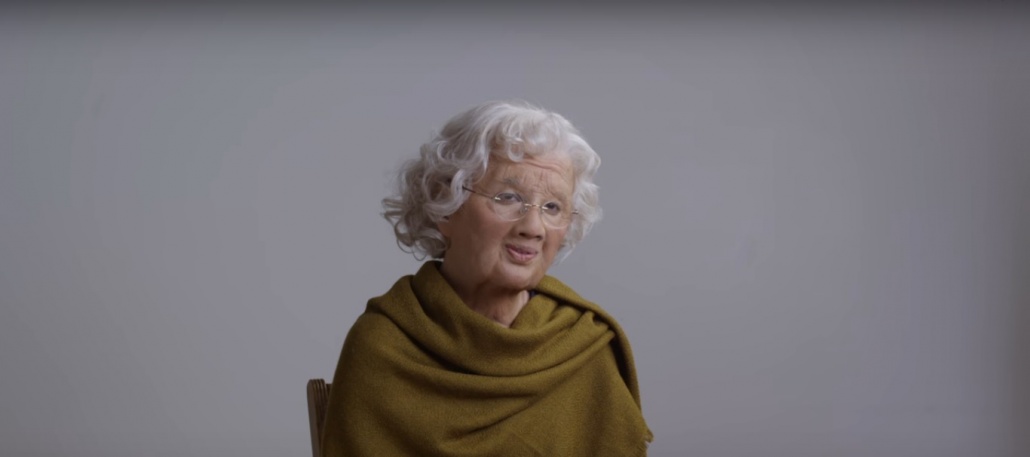The Powerful Ways Japanese-Americans have Shown Solidarity with Muslims
by Fatima Ahmed – Follow @fattya123
The Japanese-American community has seen many atrocities during the second World War. As per Roosevelt’s Executive Order 9066 issued in 1942, around 110,000 Japanese-Americans were interned in camps mainly along the west coast. Thousands were forced to abandon their homes, businesses, farms, and possessions to move into what the government called “relocation centers.” The exclusion order was rescinded in 1944 with the last internment camp closing in 1946, but not before it had left an agonizing mark on the face of a wronged community.
When a prominent supporter of Donald Trump, Carl Higbie, cited the Japanese-American internment camps as historical precedent for the Muslim registry on Fox News, Muslims sensed imminent danger. Higbie was echoing the suggestion of Kris Kobach, a member of Trump’s transition team. Kobach stated that the new administration could establish a national registry of immigrants from countries where terrorist groups were active. In other words, these men expect the new administration to start a Muslim registry.
Katy Perry, of all people, decided to do something about it. She, like many, was alarmed by these comments which only added to the racist and xenophobic rhetoric that has surrounded the 2016 election. She consequently funded a public service announcement video which drew parallels between the treatment of Japanese-Americans during World War II and the treatment of Muslim-Americans today. The video seemingly features an 89-year-old Haru Kuromiya who, as a young Japanese-American in 1942, was put in an internment camp along with her family.
“And our constitutional rights were taken away from us. It all started with fears and rumors, then it bloomed into the registration of Japanese Americans.”
The speaker is then revealed to be Muslim actress Hina Khan who presented a simple message: “Don’t let history repeat itself.”
#DontNormalizeHate was consequently launched. And it is powerful. With filmmakers Aya Tanimura and Tim Nackashi behind the scenes, a Pakistani-American in front of the camera, and Katy Perry to oversee it all, this PSA sets a great example for collaboration and support between communities. Aya Tanimura is an Australian-Japanese writer and director who has worked with Perry in her previous music videos. The creators wanted to make a startling comparison between a time in history universally condemned and the present, which are starting to look unacceptably similar. She knew that she needed to cast a Muslim for the video, one that could abruptly confront Americans.
More recently, the Smithsonian Asian Pacific American Center and filmmaker Frank Chi also made a short and impactful film. The short video portrayed Japanese internment camp survivors and young Muslim children together. The kids were asked to read the letters which the survivors had written themselves when they were young and experiencing internment. In their letters, many expressed hopes that racism would end and that the world would be more peaceful after the war.
In the video, a young Pakistani, Muslim boy named Zaid Syed stands next to Japanese camp survivor Mike Honda and reads:
“One discouraging thing which occurred here is the building of the fence. Now there is a fence all around this camp. I hope very soon this fence will be torn down.”
These words eerily echo the racist and Islamophobic rhetoric of the Trump administration. The video interrogates the viewer in uncomfortable ways. The film makes one look at the Muslim children while hearing the words of Japanese internment camp survivors for a powerful effect.
Chi, a filmmaker, activist, and media consultant, has previously made films on Black Lives Matter and the deportation of Immigrants. For the project, he collaborated with the Japanese-American and Muslim-American communities. He aimed to change the way Americans responded to fearful political times because, as he puts it, “We failed during Word War II.”
The Japanese-American community and their efforts are compelling examples of the kind of solidarity that is needed at a time when people’s basic rights seem to be under attack. In fact, a concerned Japanese community has been raising awareness about the treatment of Muslims for some time now. Actor and activist George Takei has previously written an article titled “They interned my family. Don’t let them do it to Muslims.” These efforts are works of collaboration among many different communities coming together to influence the increasingly aggressive attitude toward Muslim-Americans.
In times like these, everyone must mobilize to make a positive impact. This includes non-Muslims, whose voices and influence might be needed more than ever. That is exactly what the Japanese-American community is doing. We are going to need more of this in the coming months.

















2017
2,111 views
views
0
comments